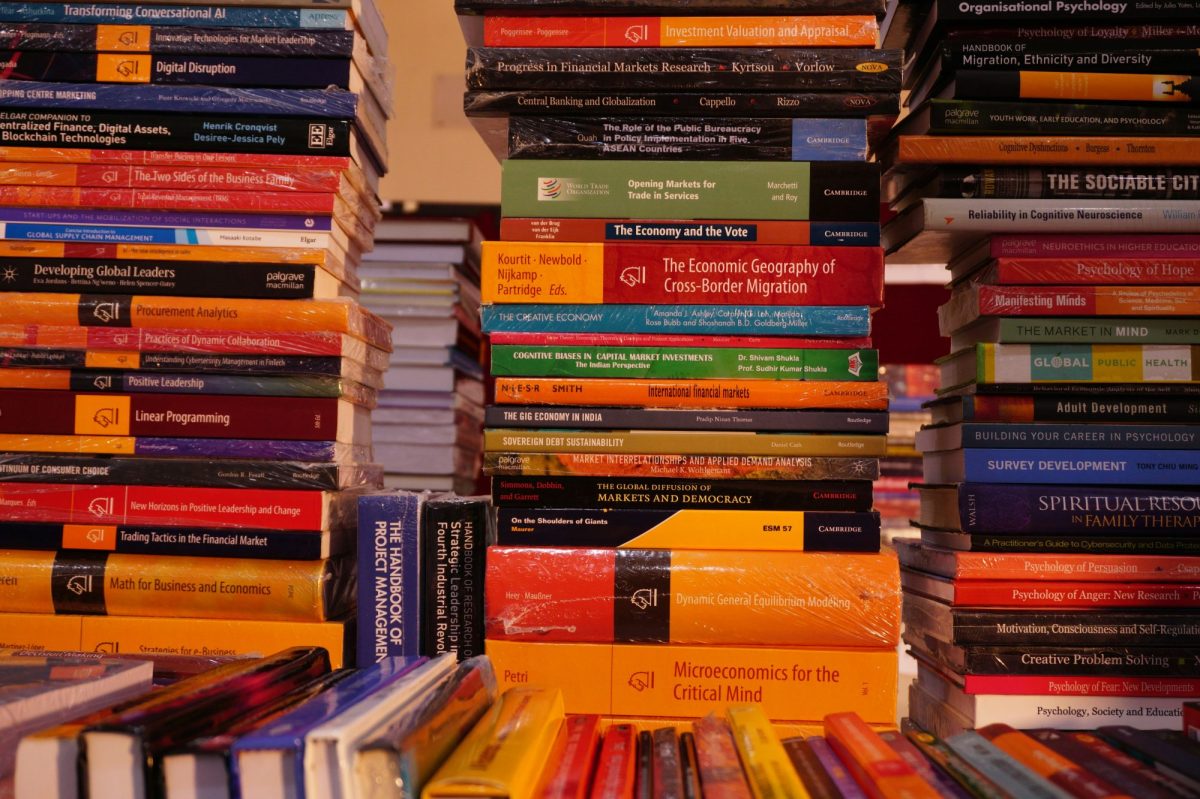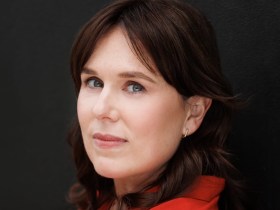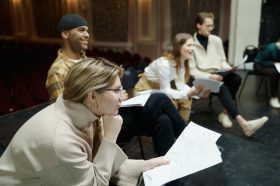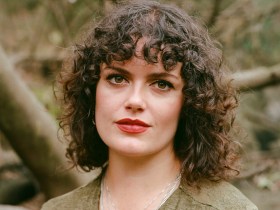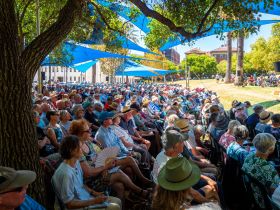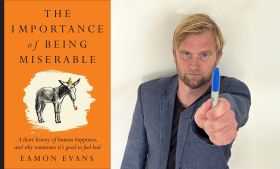In early 2025, court records revealed that Meta included millions of pirated books – including titles by Australian such authors as Hannah Kent, Charlotte Wood, Tim Winton, Alexis Wright and Helen Garner – in its dataset used to train generative AI models such as Llama 3.
Artists like Jennifer Mills, a member of the Australian Society of Authors (ASA), expressed both a sense of violation and heartbreak at discovering their hard-won work was being used without permission: “You spend years perfecting a book … and then to see it on a list of something that’s been stolen is just really heartbreaking,” she told ABC News.
Read: AI erasure – how AI could reshape our understanding of history and identity
The backlash also drew pointed comments from the industry. ASA chair Sophie Cunningham told The Guardian that the scale of unauthorised extraction left authors feeling “treated with contempt”.
“Massive corporations are profiting and reducing writers to serfs,” she said, recalling that many authors only earn around $18,000 per year.
Holden Sheppard, bestselling author of Invisible Boys, was similarly vocal: “I am furious to learn my books … were used without my consent … Meta is worth literally billions, they are absolutely in a financial position to compensate authors fairly.”
Jump to:
Australian writers demand legal safeguards in Australia
In April 2025, more than 50,000 creatives – including writers, musicians, actors and cultural workers – signed a public declaration warning that “the unlicensed use of creative works for training generative AI is a major, unjust threat to the livelihoods of the people behind those works, and must not be permitted”.
The Australian Writers’ Guild (AWG) responded in kind, releasing a scathing position paper that declared: “The unregulated use of AI by corporate content producers … a clear and present danger to Australian writing … and a significant dilution of the critical functions we perform.”
AWG executive director Claire Pullen stressed: “AI is derivative by nature… It scrapes works … without their consent, acknowledgement or payment to the original artists”.
Research shows overwhelming resistance from Australian writers
Adding empirical weight to the outcry, Macquarie University released the first major survey of Australian authors and illustrators’ views on AI. The key findings include:
- 79% opposed having their existing work used to train AI, even for payment
- 91% said using their work without permission or compensation was unfair, and
- 70% believed AI would threaten future paid opportunities in the creative industries.
Survey co-author Paul Crosby said: “This is not only about payment. It is about consent, trust and the future of their profession.”
Australian writers calls for reform, from contracts to government policy
In March 2025, publisher Black Inc came under fire after asking Melbourne authors to sign over rights to their work for AI training on 50/50 net receipt terms. Laura Jean McKay, author of Holiday in Cambodia, described the move as being asked to “sign our own death warrant”.
The ASA called the agreement “outrageous”, urging a more equitable 75/25 author‑publisher split and greater transparency. In response, the AWG backed a Senate inquiry’s findings recommending mandatory licensing and transparency from AI developers – calling current unregulated practices tantamount to “theft”.
Read: AI and arts governance
Australian creative professionals are now at the centre of a global reckoning over how AI should respect cultural labour – and who decides what kind of stories are told. These developments hold vital implications for authors, agents, publishers and creative technologists working in literature, screen, performance – and beyond.

